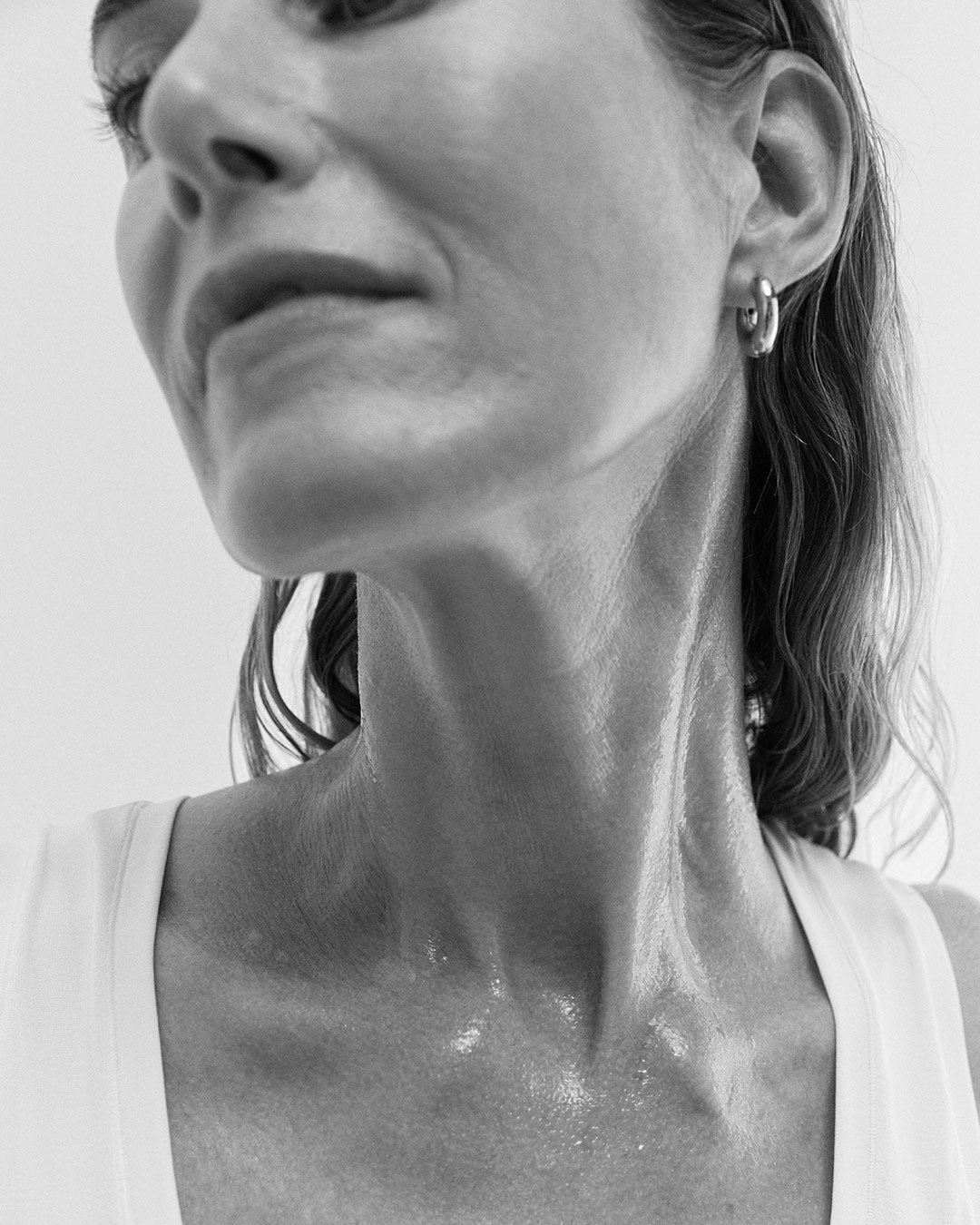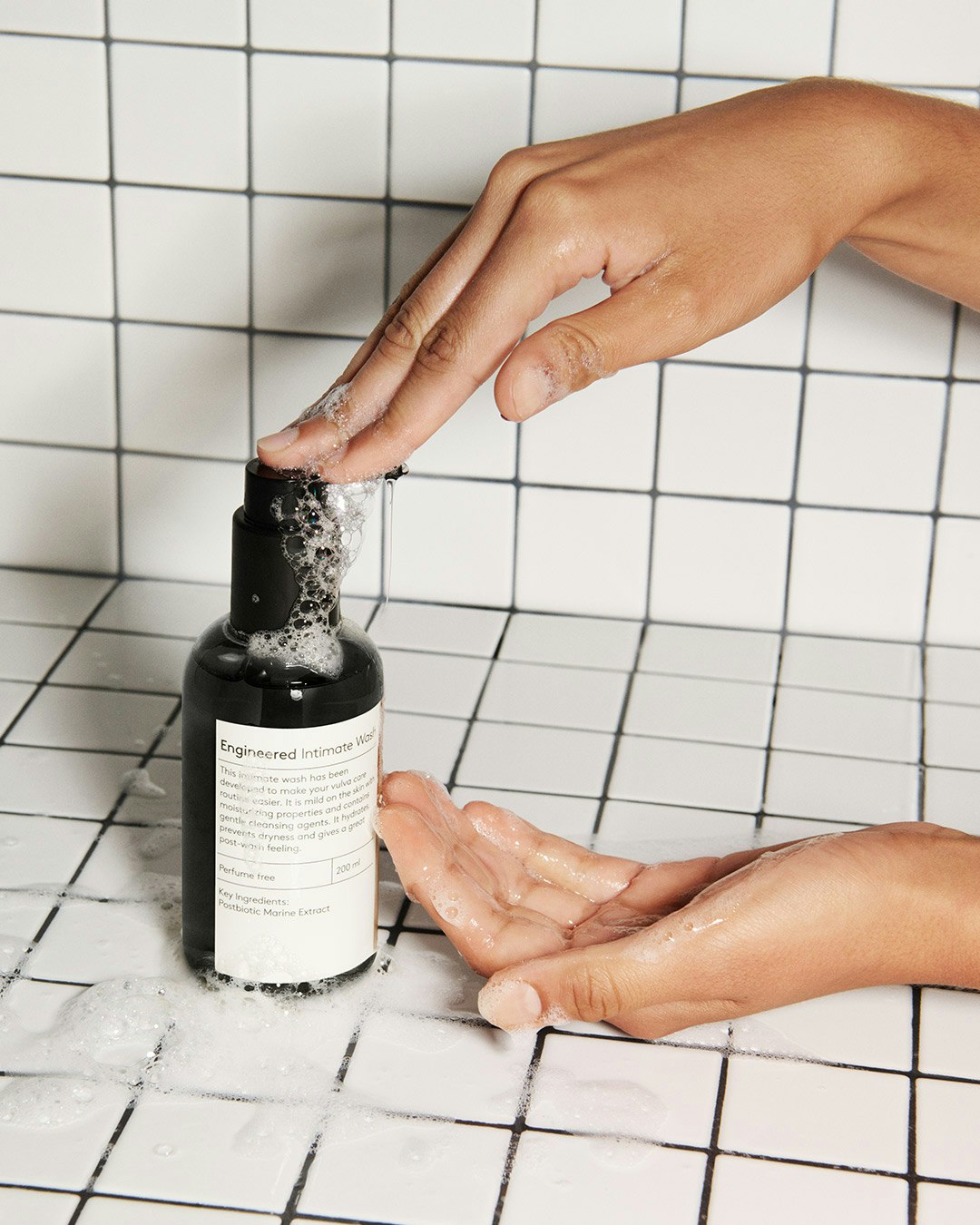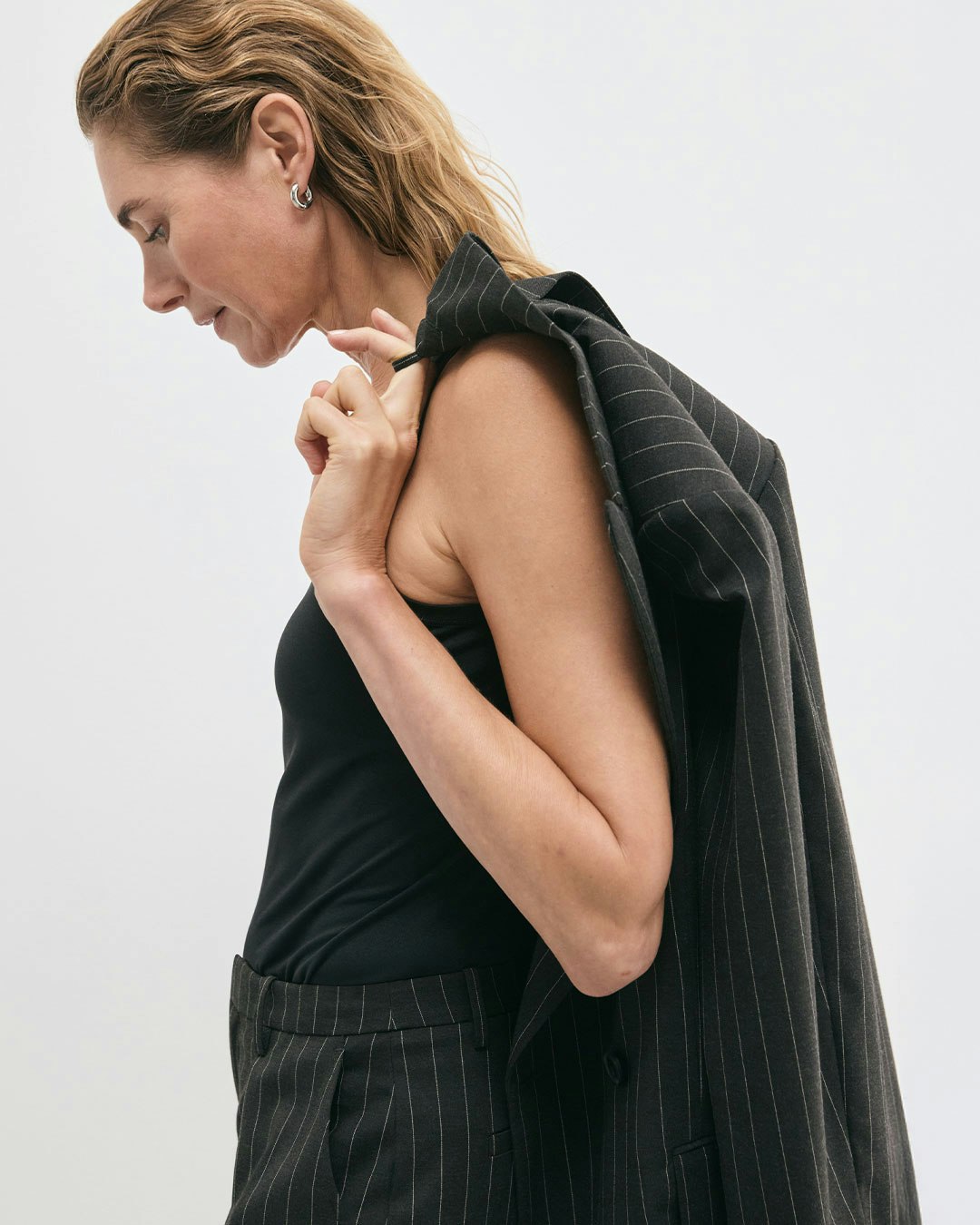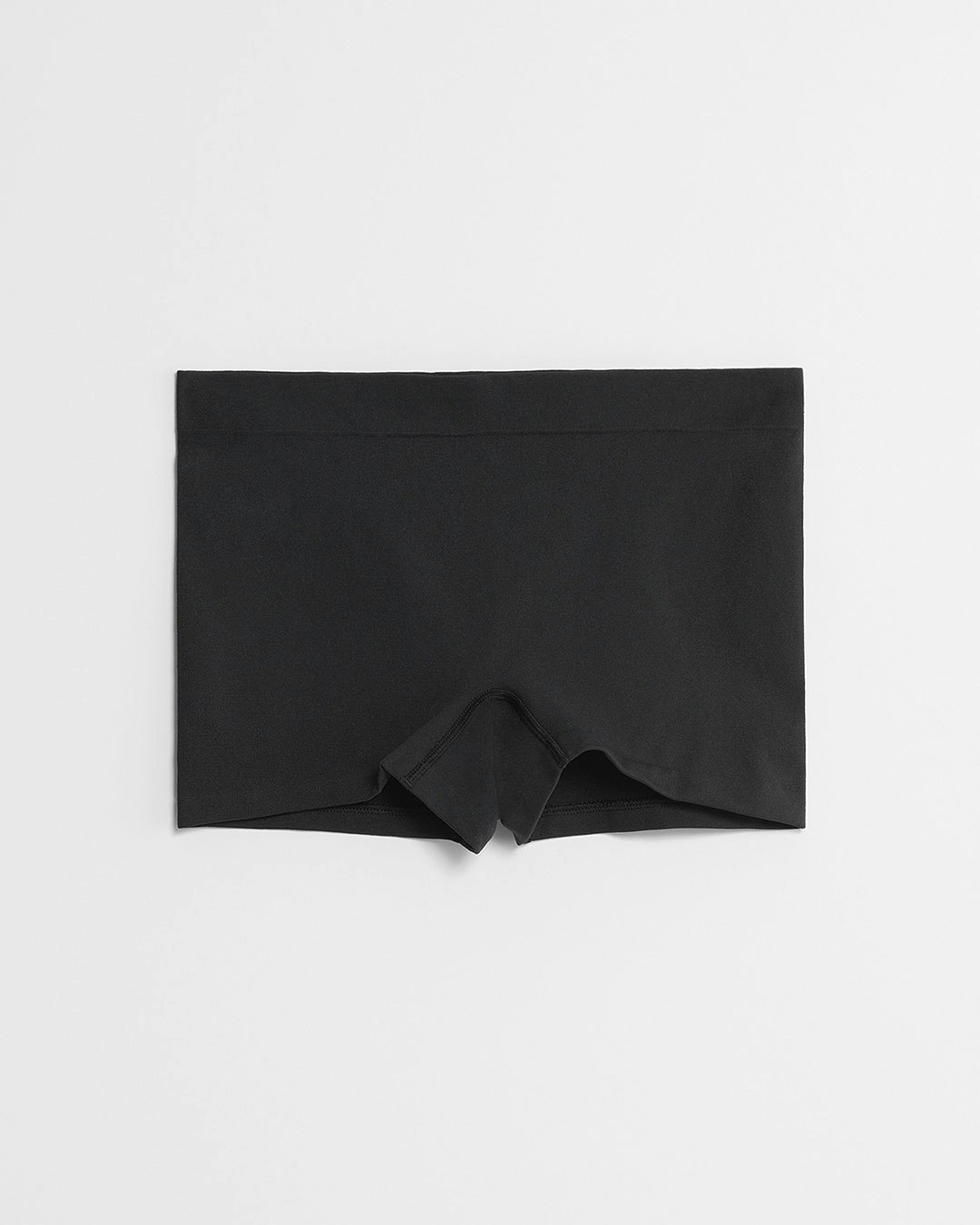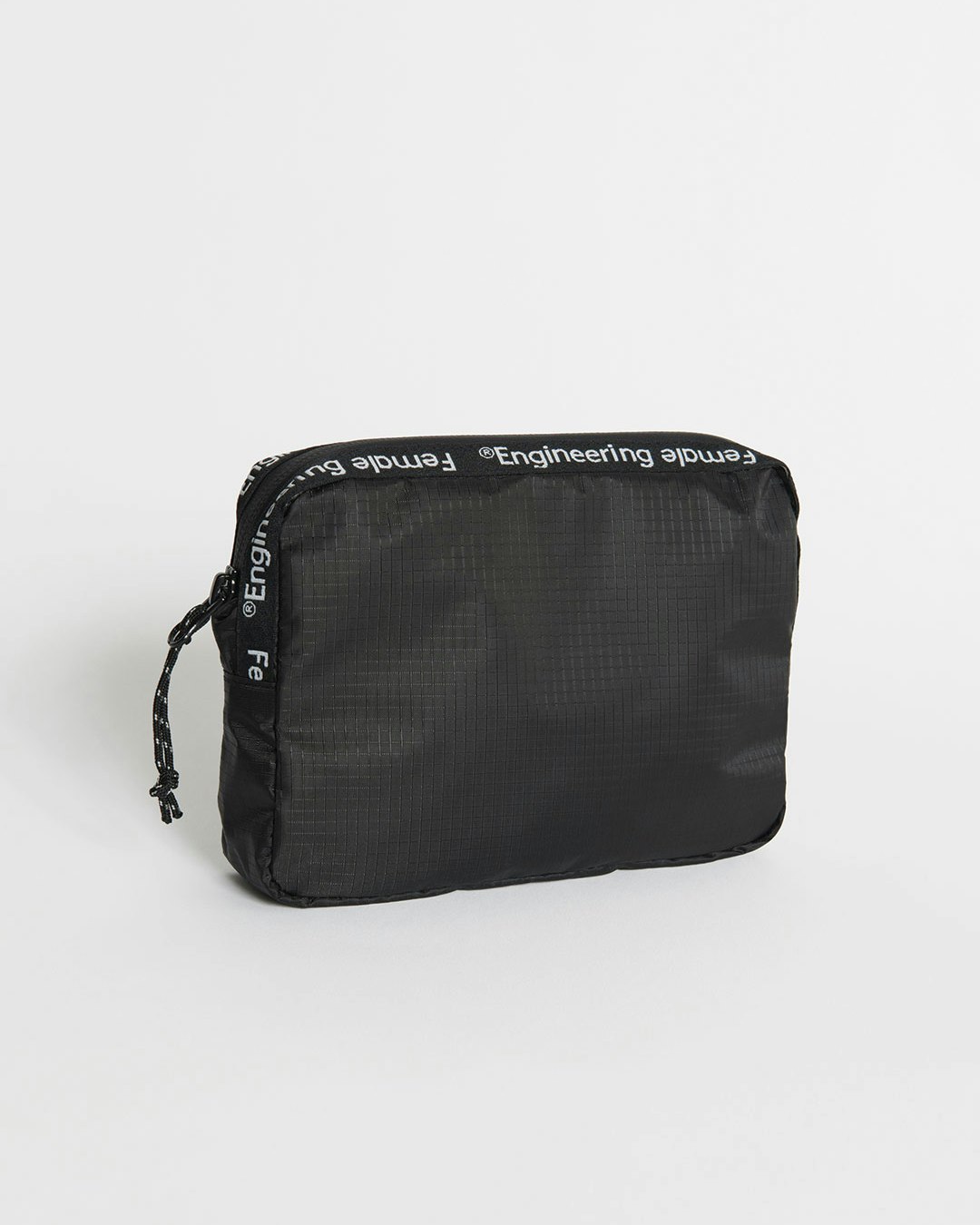What happens in the body during menopause?
Every experience is unique, but for most it is a transformational journey to go through menopause. Here are some basic facts about menopause and some of the most common bodily changes that come with it.
What is menopause?
In short, menopause is a natural part of aging and is the process when your body gradually stops producing estrogen and progesterone – and your ovaries therefore stop releasing eggs and you stop having your period permanently. Menopause translates to “the stopping of monthly cycles”. You have officially entered menopause when you have gone 12 months without a menstrual period. The drop in different hormones triggers a lot of different reactions in the body, and for many, this can be a challenging time. It can also be liberating, though, to be free of having your period and all that comes with it.
When does menopause start?
Everything regarding the body and your period is unique – as so with menopause. And to answer at what age menopause starts is a bit tricky. It usually occurs somewhere between the age of 40–60 but could start both earlier and later for some people. Menopause can be influenced by genetics, and the age often mirrors the age at which a parent or sibling went through it. However, environmental and lifestyle factors can also impact the timing.
How long does menopause last?
When you haven’t had your menstrual cycle for 12 consecutive months, you are in menopause and your body has stopped having monthly cycles. But looking at the big picture, menopause consists of three main different stages: perimenopause, menopause and post menopause. The transition between them all can span from anywhere between 5 and 15 years but is very different for everyone.
What are the first signs of menopause?
The most common first signs are usually irregular periods, hot flushes and vaginal dryness. This first stage of menopause is called perimenopause and often begins 5–10 years before menopause.
Perimenopause is the transition period leading up to menopause when your body begins to run out of eggs, but you still get your period, only more irregularly (a good time to keep a pair of period panties with you). Perimenopause typically starts around the age of 40, but sometimes as early as 30 – called premature menopause, and includes the same symptoms as menopause itself.
What are the most common menopause symptoms?
When you’ve gone 12 months without a menstruation, you’ve made it to menopause. For many, this is a sweaty time (literally), while others breeze through it. Blame genetics. Symptoms of both perimenopause and menopause can vary in intensity and duration from person to person, but the most common symptoms are:
Hot flushes and night sweats
Irregular periods or changes to your flow
Trouble sleeping and fatigue
Mood swings
Vaginal dryness
Sore breasts, muscles and joints
Reduction in bone density
Not a very comfortable list, but (unfortunately) extremely normal.
How is the vagina affected by menopause?
Many people feel that the vagina is affected when they go through menopause. The decline in estrogen levels changes the vaginal pH and can cause vaginal dryness, higher risk of irritation and infections. Intimate care products are developed to reduce irritation and vaginal dryness, as well as calm and protect your skin. They might not help with your hot flushes, but they will prevent that itchy dryness and leave you feeling soft, clean and moisturised.
